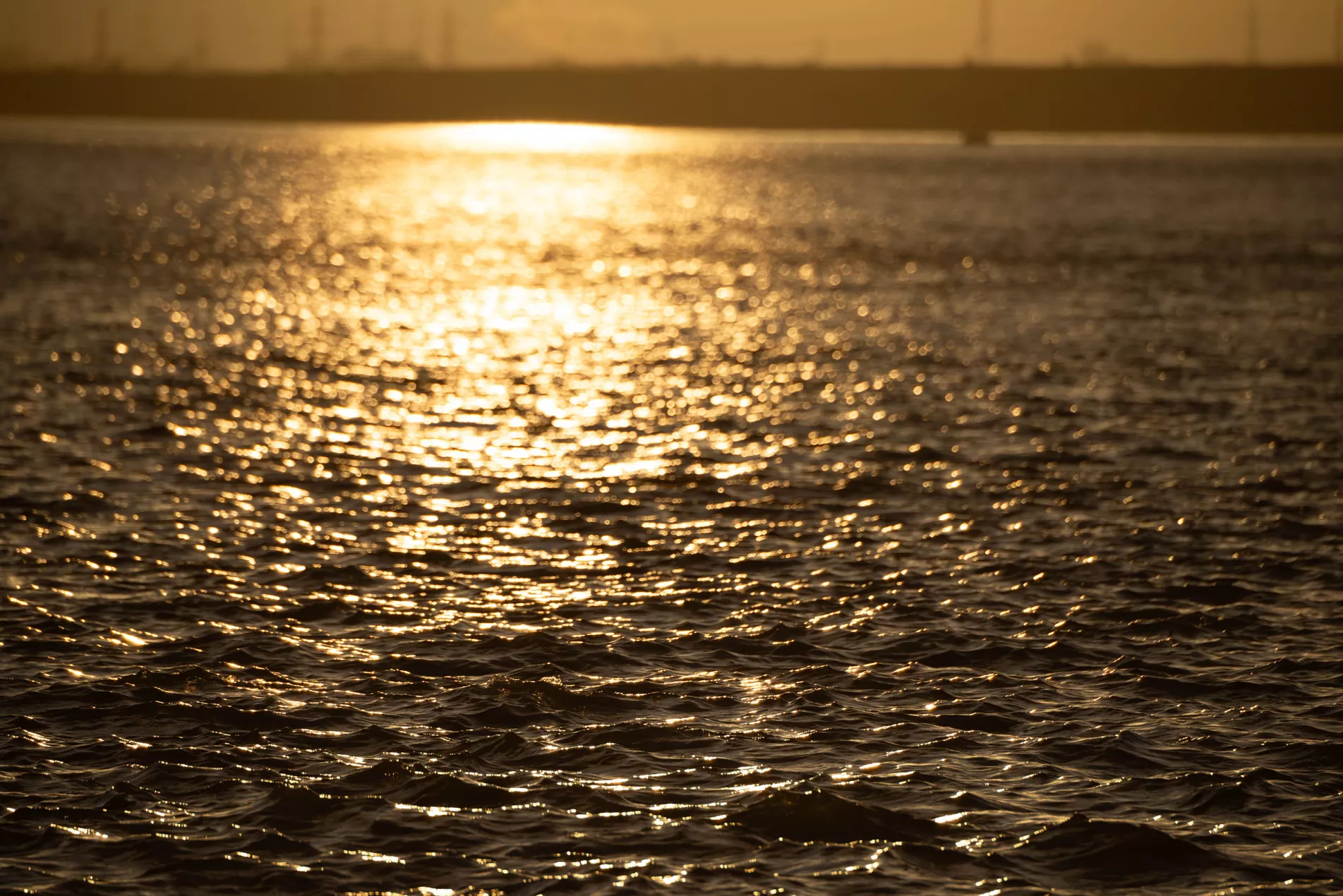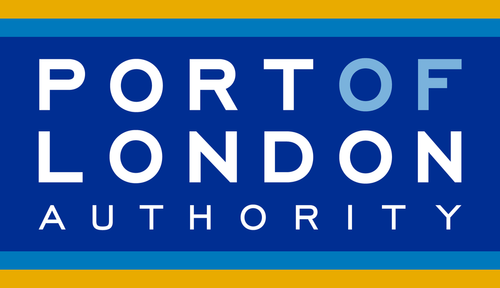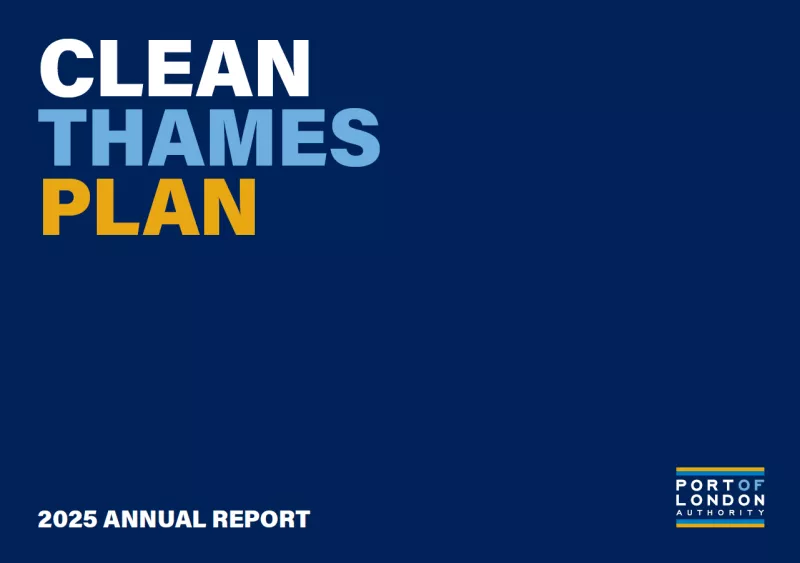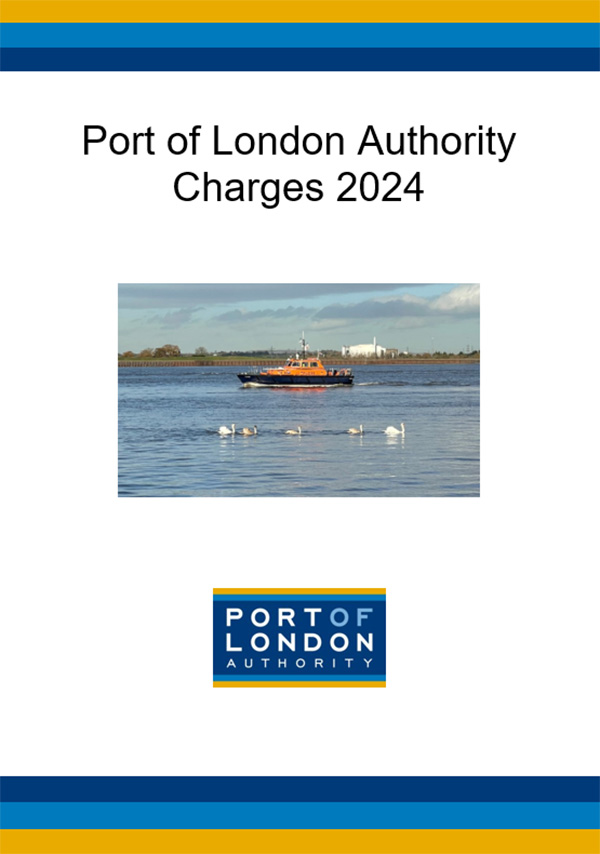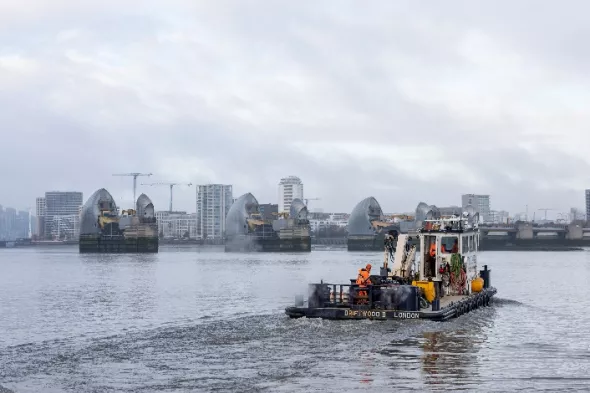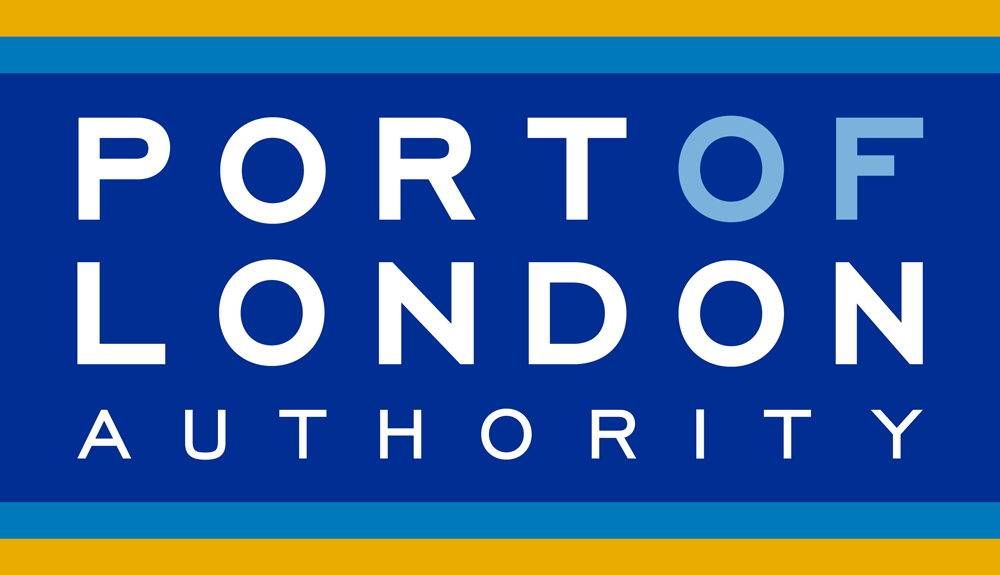Live Tides
NOTICES TO MARINERS
Charts & Surveys
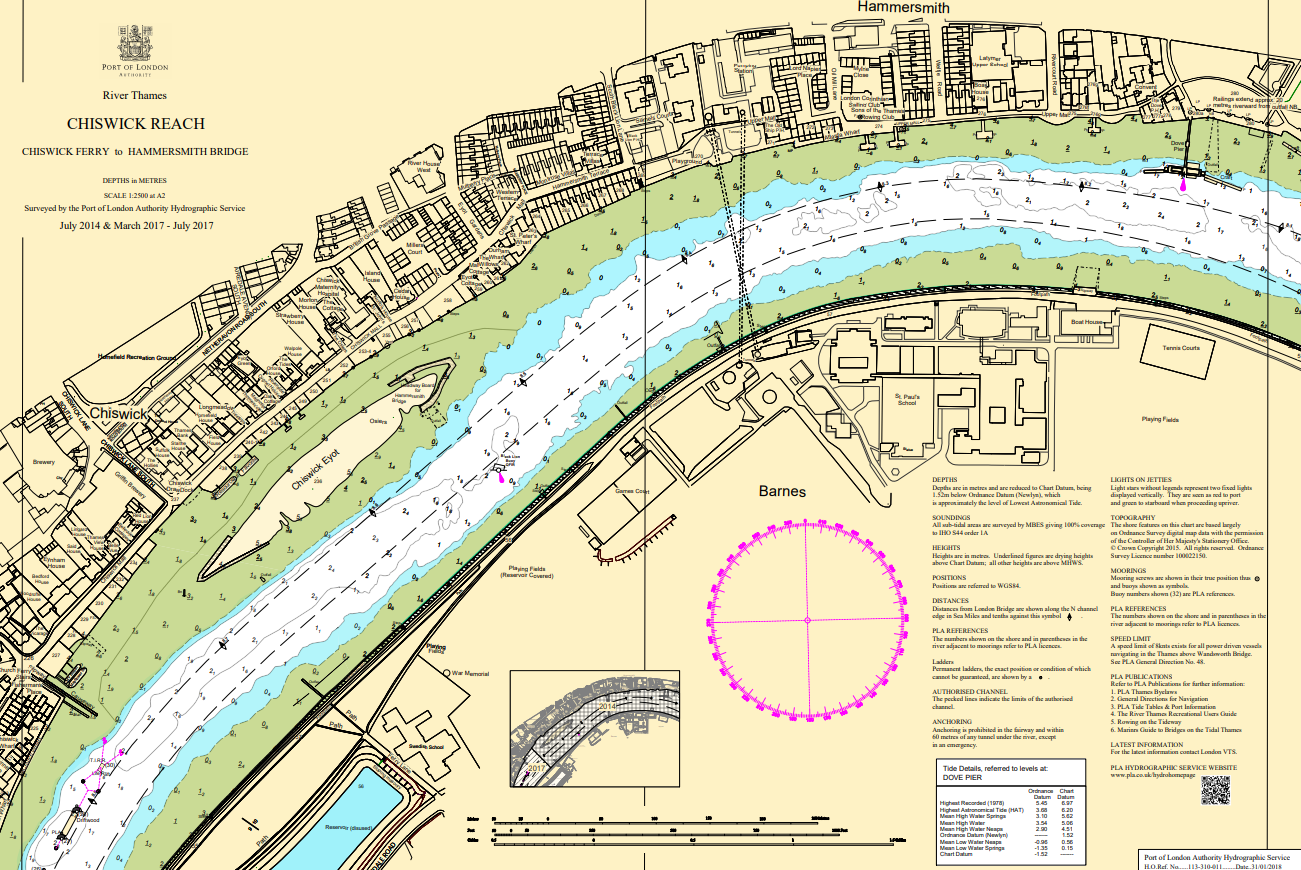
Incident reporting
Life-threatening emergencies on the river:
Call 999 and ask for the Coastguard
For near miss, safety observations and incident reporting click below
Funding poured into seven Thames environmental projects
Seven projects to boost wildlife and nature on the tidal Thames are to receive a total of £50,000 from the Port of London Authority
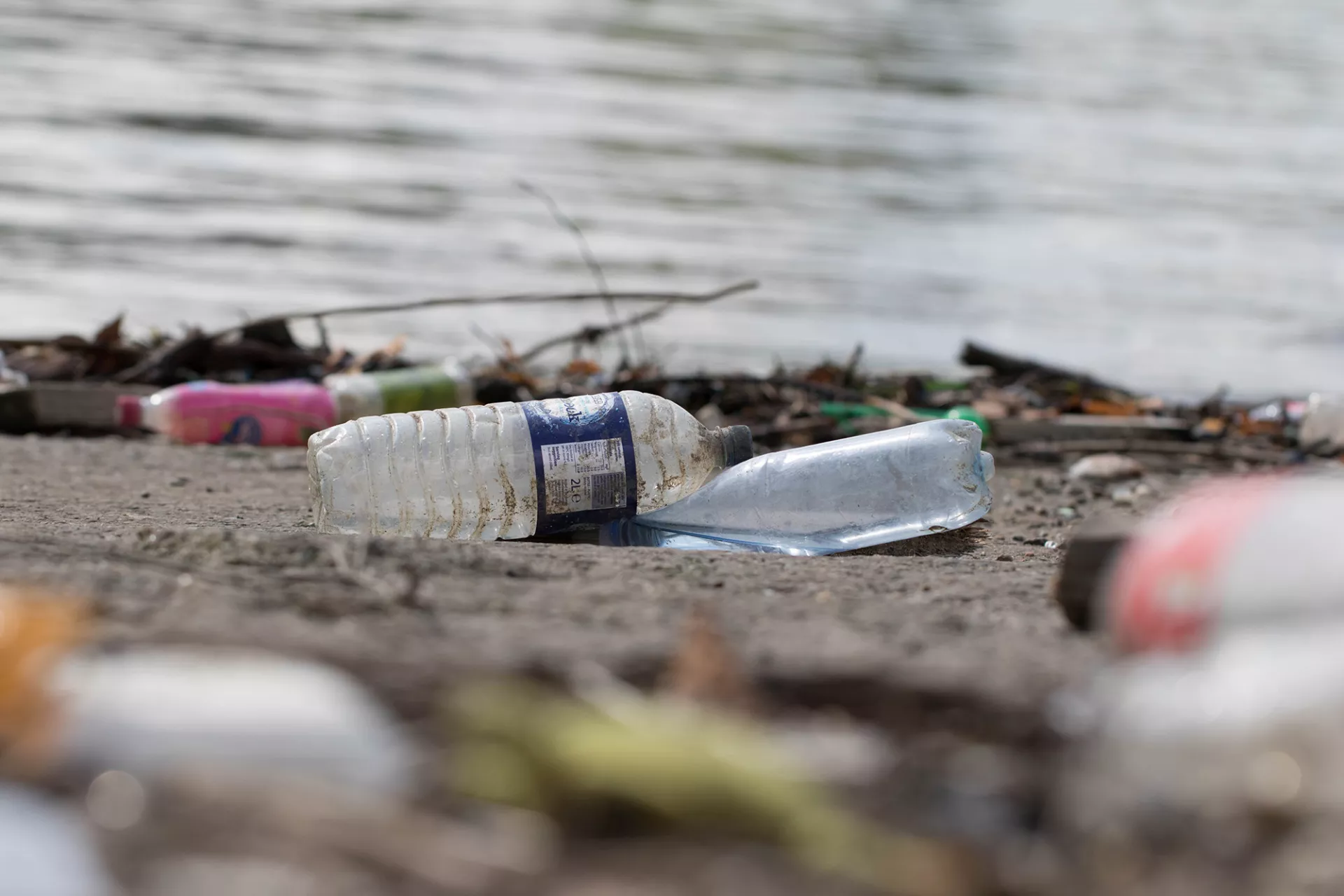
- Now, in its third year, the Thames Environment Fund has been doubled to £50,000
- Maximum grant has been tripled to £15,000
- Part of our Thames Vision commitment to protect the river
The PLA welcomed a wide variety of applications from community groups, charities, NGOs, academic institutions and other not-for-profit organisations, which applied for grants for environmental projects representing different parts of the river as well as an array of environmental goals, including energy transition to electric, litter clearance, and microplastic filtration.
“Our Thames Environment Fund is one of the ways in which we can support different groups along the tidal Thames who share our ambitions to improve the environment and wildlife within it.”
Following a comprehensive review and assessment of all the applicants, the successful Thames Environmental Fund projects are:
Greenwich Yacht Club for the purchase, installation and testing of three electric outboard boat motors, as well as an outreach initiative to educate members and the community about the benefits of electric outboards.
Award total: £14,355.45
Fulham Reach Boat Club for their plan to engage participants in regular litter-picking sessions and use weekly water quality testing to educate people on river pollution and collect a reliable dataset.
Award total: £2,000.00
South Dock Marina Berth Holders Association for their project that aims to extend the flora introduction in the Greenland Dock Lock Area. With the addition of eight, two-metre square floating planter sections to adjoin the existing line of five, they will create a reed bed of sufficient density to be self-sustaining. An ‘H’ layout will incorporate sheltered areas for bird life.
Award total: £2,500.00
University College of London for their project to research filtration techniques; collecting microplastics from the river Thames and developing a series of three prototypes to quantify their effectiveness.
Award total: £12,500.00
London Wildlife Trust for the purchase of essential Personal Protective Equipment (PPE), tools, equipment, and materials for the Isleworth Ait volunteering sessions. The funding will also facilitate contract work required on trees on the reserve and improvements to the landing pontoon on the island to improve access.
Award total: £12,130.00
Medway Swale Estuary Partnership for their project that aims to undertake 12, monthly litter clean-ups on six sites across the Thames and Medway Swale Estuaries.
Award total: £2,250.00
Tidey for their project informing groups of students about river pollution and promoting litter-picking, caring for river wildlife, and protecting the river. The project will also involve litter picking events with these students on the foreshore, with data feeding into Thames21’s water pollution database and the PLA’s Cleaning the Thames.
Award total: £2,500.00
The PLA’s Director of Sustainability Grace Rawnsley said:
“As part of our Thames Vision 2050 strategy, we’re working towards the river between Teddington Lock and the North Sea becoming the cleanest it has been since the Industrial Revolution.
“Our Thames Environment Fund is one of the ways in which we can support different groups along the tidal Thames who share our ambitions to improve the environment and wildlife within it.”
Related content
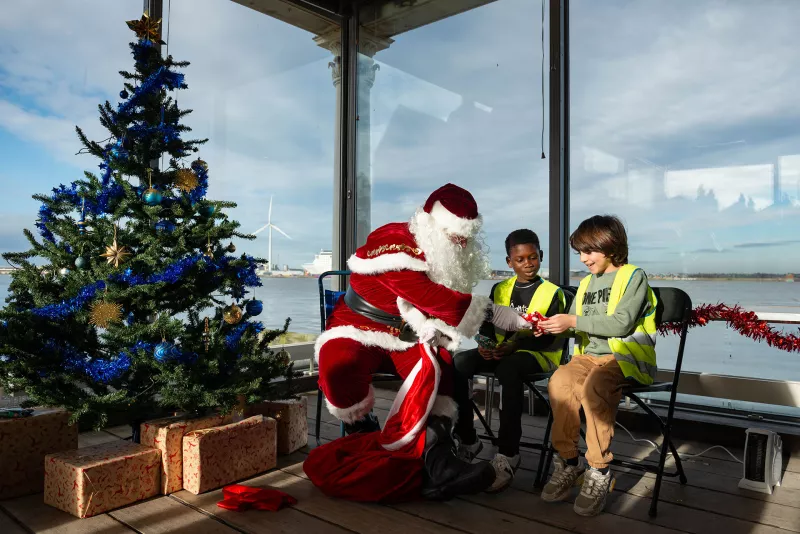
Location: London/Gravesend Remuneration: £28,971 per annum for a commitment of up to 24 days per...
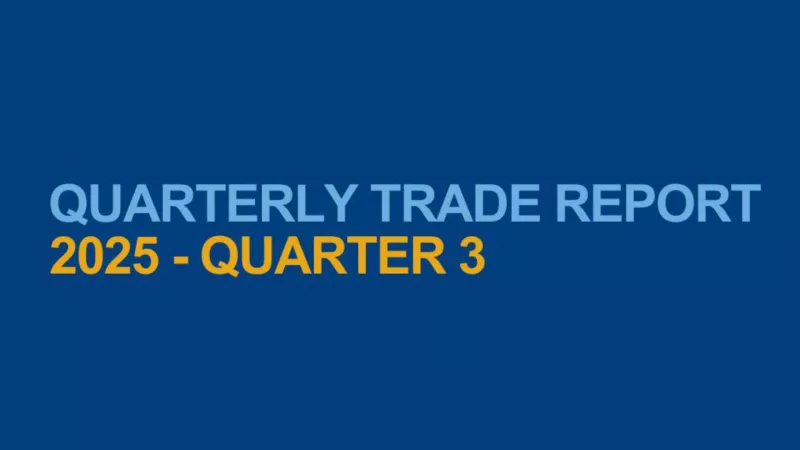
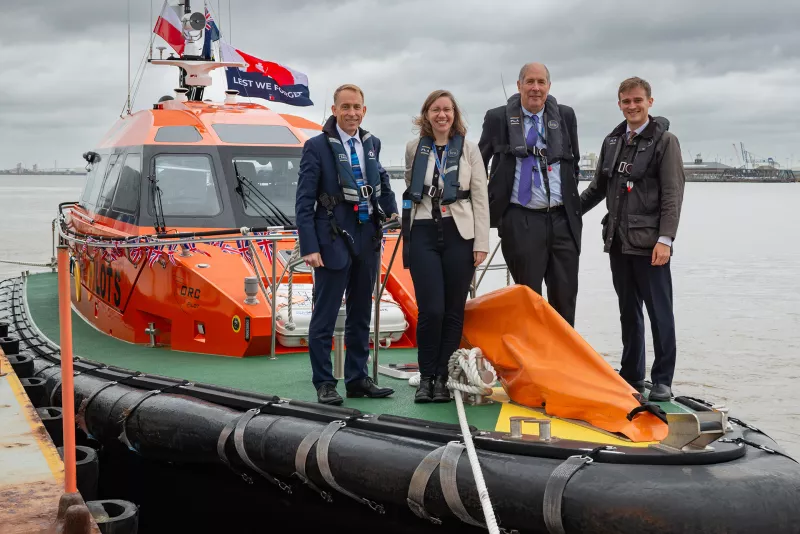
Margaretness, Crossness & Coldharbour Lighthouses replacement and upgrade
Consultation C01-24
CONSULTATION STATEMENT: C01-24
This consultation ran from 15/01/2024 to 16/02/2024. The below statement has been provided to summarise the Port of London Authority’s response.
Thank you for your valuable feedback regarding the planned replacement and upgrade of the lighthouses at Crossness, Coldharbour, and Margaretness. We appreciate your input as an interested stakeholder and understand the importance of ensuring visibility and safety in the new design.
Based on your feedback, we have taken into consideration the concern about the visibility of the proposed drop-down masts compared to the existing lattice structures. To address this, we are exploring ways enhance visibility throughout the day and night. This would ensure that the lighthouses are easily visible to maritime traffic and other stakeholders in the area.
Additionally, we acknowledge your suggestion to keep the paintwork of the masts clean to aid visibility. We will include regular maintenance and cleaning schedules as part of the maintenance plan for the new lighthouses. This will help to maintain the visibility of the masts and ensure that they are easily distinguishable.
Your feedback plays a crucial role in shaping the final decision and ensuring that the proposed replacement and upgrade align with the needs and expectations of all stakeholders involved.
Lyn Kindlen-Funnell
Harbour Master
This statement is also available as a PDF
Closed 16 February 2024
Margaretness, Crossness & Coldharbour Lighthouses replacement and upgrade
Introduction
Consultation for the planned replacement and upgrade of the lighthouses at Crossness, Coldharbour, and Margaretness. After careful consideration of various factors, we have proposed the installation of drop-down masts as a solution to eliminate the need for working at height. This will also provide an opportunity to upgrade the light units at each location.
The replacement lighthouses will be of a similar height, with approximately 8m masts to maintain the existing focal height. To maintain consistency, they will be painted in the same red colour as the existing structures.
As part of this project, the existing lattice towers will be decommissioned and demolished before they become unsafe or require significant maintenance.
Aim/Strategy
This project is centred around the removal of the lattice structures and the installation of replacement lights on drip down masts. Before making a final decision, we highly value your feedback as an interested stakeholder.
We invite you to share your thoughts, concerns, or suggestions regarding the proposed replacement and upgrade. Your feedback will help us ensure that the final decision aligns with the needs and expectations of all stakeholders involved.
Responses
Any comments you may have in response to this consultation exercise should be addressed, in writing, to the Marine Compliance Department at the address below, or by e-mail to: [email protected], to arrive by 16th February 2024. All comments must be submitted before the closing date.
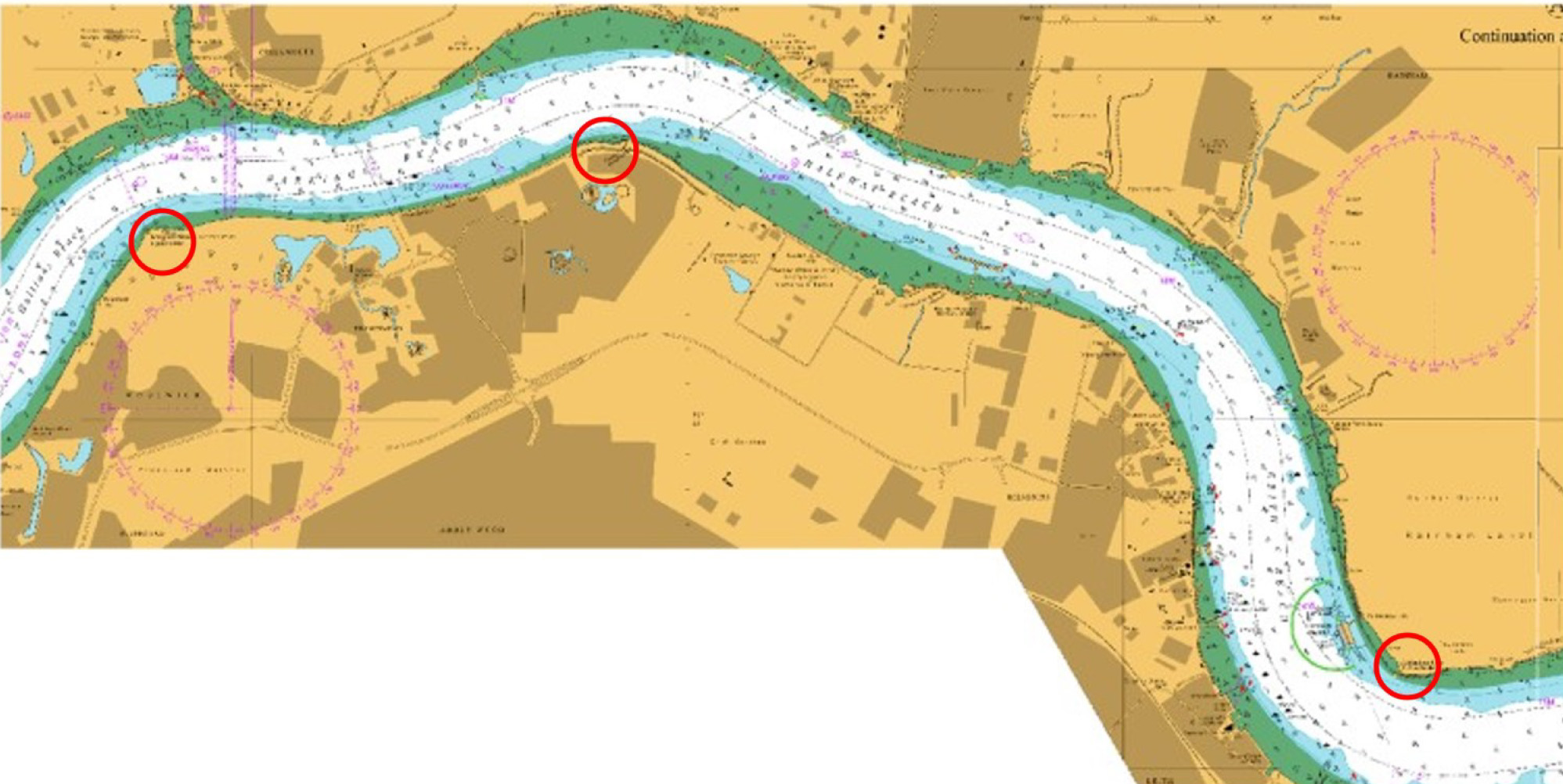
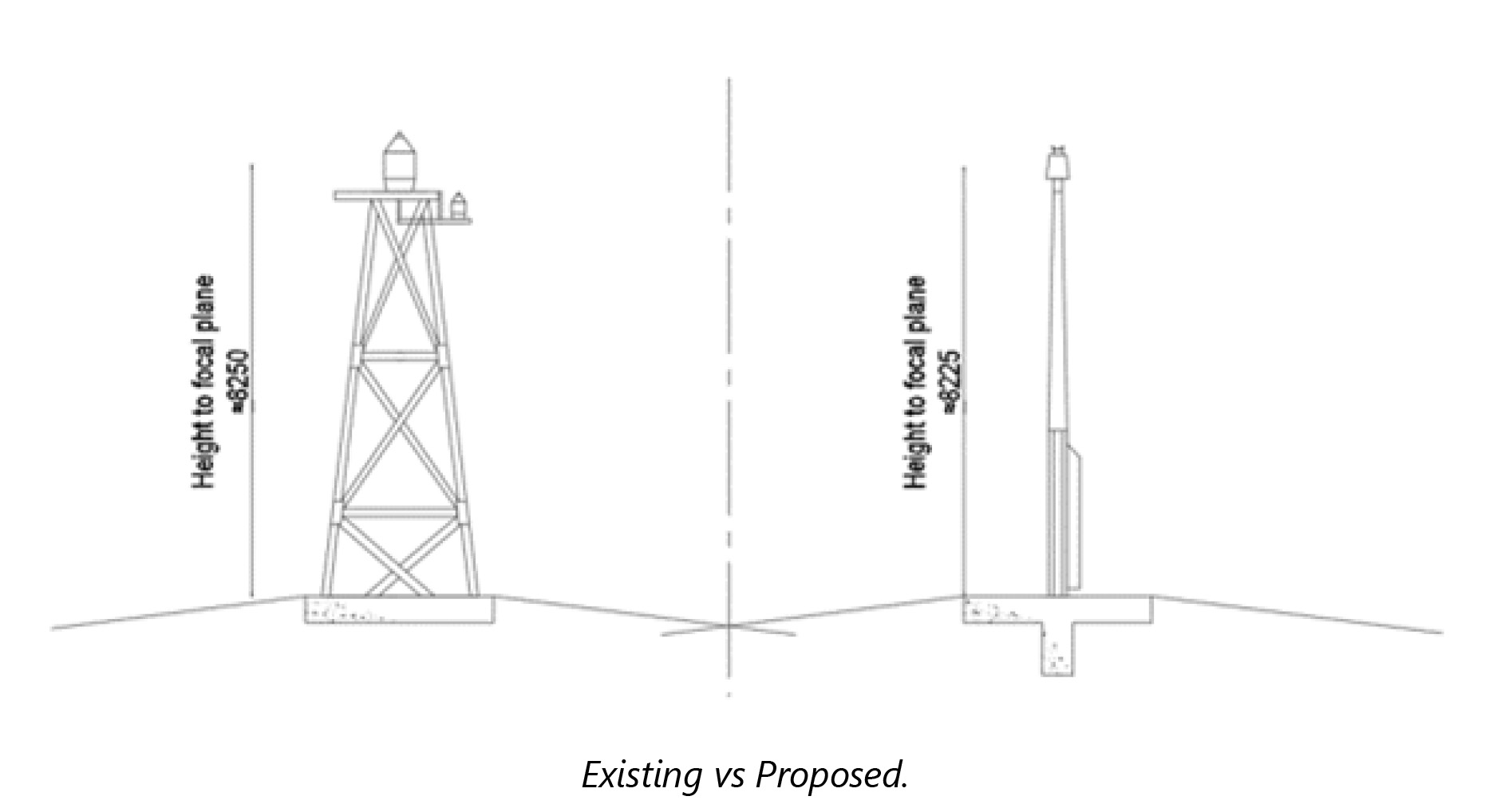
Storm force
Storm Smith-Suckoo

At the start of the RNLI’s 200th anniversary year, Storm Smith-Suckoo, one of around 60 volunteers based out of Tower Lifeboat Station, the charity’s busiest, charts his multiple links with the river that have taken him around the world.
A family first
“The Thames was the place that my maritime career all started, so it holds a strong personal connection for me.
“I am Second Officer and Relief Chief Officer with Trinity House.
“I joined as a Third Officer and have worked my way through the ranks, completing my Chief Mates Unlimited in June 2022.
“The role involves maintaining aids to navigation, including lighthouses, around the UK coast.
“I am the first member of my family to have links with the river and the world of maritime.
“As a kid, growing up in Charlton, it was not a pathway I would ever have thought to pursue, but it is now central to my life.”
Safety calling
“In July 2013, I was on board the tall ship Astrid when she sank off Cork in Ireland, with lifeboat and helicopter crews helping in the rescue.
“When I was back in London after university, I signed up as a Tower Station volunteer, following a conversation with the commander, Craig Burn, who I had worked with previously.
“For me, it’s a sense of giving back to the maritime community.
“Last year crews from Tower launched 612 times, saving 14 lives.
“As of December 2023, crew have had 10,387 ‘shouts’ since the station opened in January 2002.
“Unlike other RNLI stations, we don’t have a pager system at Tower. It’s crewed 24/7, with the day split into two,12-hour shifts.
“I do a minimum of two shifts per month on average.
“I like to mix it up, sometimes doing nights, sometimes the day shift.
“This year, as I was home in London and off work from my full-time job at Trinity House for the first time in four years over the festive period, I opted to volunteer on both the Christmas Eve and New Year’s Eve night shifts.
“I clocked off at 6.30am on Christmas morning, and then caught up on a few hours’ sleep, so I could enjoy the festivities.
“On New Year’s Eve, we had a crew dinner at the start of our shift and reflected on the year gone by.
“Our last call of the year came in at 23:47.”
The spice of life
“There is a variety of things to do, whilst on station, from boat and casualty care equipment checks, through to hoovering and cleaning.
“Our priority is always to be ‘boat ready.’
“Some days we will go on patrol on the river whilst carrying out onboard training.
“This might involve looking at extracting someone from the foreshore, using some of the kit we don’t use regularly.
“It’s a station superstition that if the ‘Q’ word is mentioned in full, then something generally happens.
“A routine day gives us a chance to ensure the station is operating efficiently, that all the kit is ready and in the right place.
“We support Thames CPD training courses on the river with the Thames Skills Academy and boat operators too.
“Additional courses, such as Sea Survival, are also available at the RNLI training centre in Poole.”
Ahoy sailor!
“I enjoyed PE at school, but the traditional sports of football, rugby and basketball were never my forte.
“Then, aged 11, I discovered sailing, courtesy of a powerboat taster day at the AHOY Centre, Deptford which I heard about through Greenwich Adventure Play Centres.
“I had found my niche.”
Career tips
“Last November, I was pleased to be invited by the PLA and the Greater London Authority to speak to the London and Thames Waterways Forum about how my career afloat has taken shape.
“My message to anyone thinking about following in my footsteps is simply: Do it!!
“The skills you learn and the people you get to meet are second to none.
“No two days are ever the same.
“No matter how many times you have put a boat alongside a certain pier, the tide and other environmental conditions are always ever so slightly different.
“You have to adapt your approach each time.”
Expanding horizons
“It’s also helped me see the world.
“In just one year during my training I visited 17 countries and 50 ports, mainly in Europe and Africa.
“I spent Christmas 2017 in the heat of Ghana – conditions far removed from a traditional British Yuletide.”
Pilot ambition
“My year-ten work placement at school was spent with the PLA.
“The two weeks featured my introduction to maintaining an aid to navigation, aboard Hookness.
“I got to see the workings of the maintenance yard at Denton too.
“At the VTS Office in Woolwich, I met Frank Hart. Our paths were to cross again in later life as RNLI volunteers.
“I also enjoyed seeing the work of Chris Healy and the other harbour launch crew members.
“Once I obtain my Master Unlimited Licence, my goal is to return to the PLA and join their team of pilots.”
2023 highlight
“During London International Shipping Week last September, I was on board Galatea, moored at HMS Belfast, hosting a variety of events, including for the Merchant Navy Training Board and visits for local sea cadet units.
“I had the privilege to be at the wheel, passing under Tower Bridge, as we headed back to sea. Though it’s a task I have executed many times before on smaller vessels, the sheer size of Galatea made it extra special.
“My Mum was on Tower Bridge watching too!
“It’s a moment I will never forget.”
Musical youth
“My early ambitions were very music focused.
“I am a classically-trained pianist, but loved playing in jazz bands whilst at school and university, finding the music more fun and open to interpretation.
“I no longer play as much as I’d like, but it’s something that never leaves you and I hope to get back into playing regularly in the near future.
"Birdland by Joe Zawinul and Gonna Fly Now, the theme from Rocky are pieces I particularly enjoy playing in a big band. They have so much energy behind them.”
From east to west
“Though I now live in Plymouth, I get back to London often when on leave.
“I do miss the hustle and bustle of the capital, but Devon is a great place to get away from it all too. The coastline is spectacular.
“I am lucky to have the best of both worlds, I think.
“I miss my family and friends whilst away at sea, but working three weeks on then three weeks off provides plenty of opportunity to relax and explore new places.
“Best of all, I get to drive big ships.
“That is ultimately why I came to sea.”
Quick fire
- First memory of the Thames? Riding along the Thames path as a child, on the back of my Dad’s bike.
- New Year’s resolution? It would have to be to keep pushing myself to be the best I can be and take every opportunity that is presented.
- Recommended Thames-side restaurant or pub? I have three: The Cutty Sark in Greenwich, The Tattershall Castle at Victoria Embankment and The White Cross in Richmond.
- Other hobbies? Photography and cycling.
Related content

Location: London/Gravesend Remuneration: £28,971 per annum for a commitment of up to 24 days per...


Tide Tables and Port Information 2024
Port of London Authority Charges 2024
This publication comes into effect on the 1 January 2024 and applies until replaced. It states the published rates and charges for services provided by the Port of London Authority.
Introduction
This publication entitled “Port of London Authority Charges 2024” comes into effect on the 1st January 2024 and applies until replaced. It states the published rates and charges for services provided by the Port of London Authority.
It replaces the charges in the publication “Charges 2023” which will, on and after 1st January 2024, cease to have effect.
The regulations governing the charging and collection of dues are set out in “Port of London Authority Charges Terms and Conditions 2024” (“the Regulations”). These Regulations determine the basis upon which the Port of London Authority’s (PLA) facilities and moorings may be used. The Regulations also set out the circumstances under which payments are due to the PLA and establishes liability for those payments.
Report recommends three electric ferry crossing options for East London
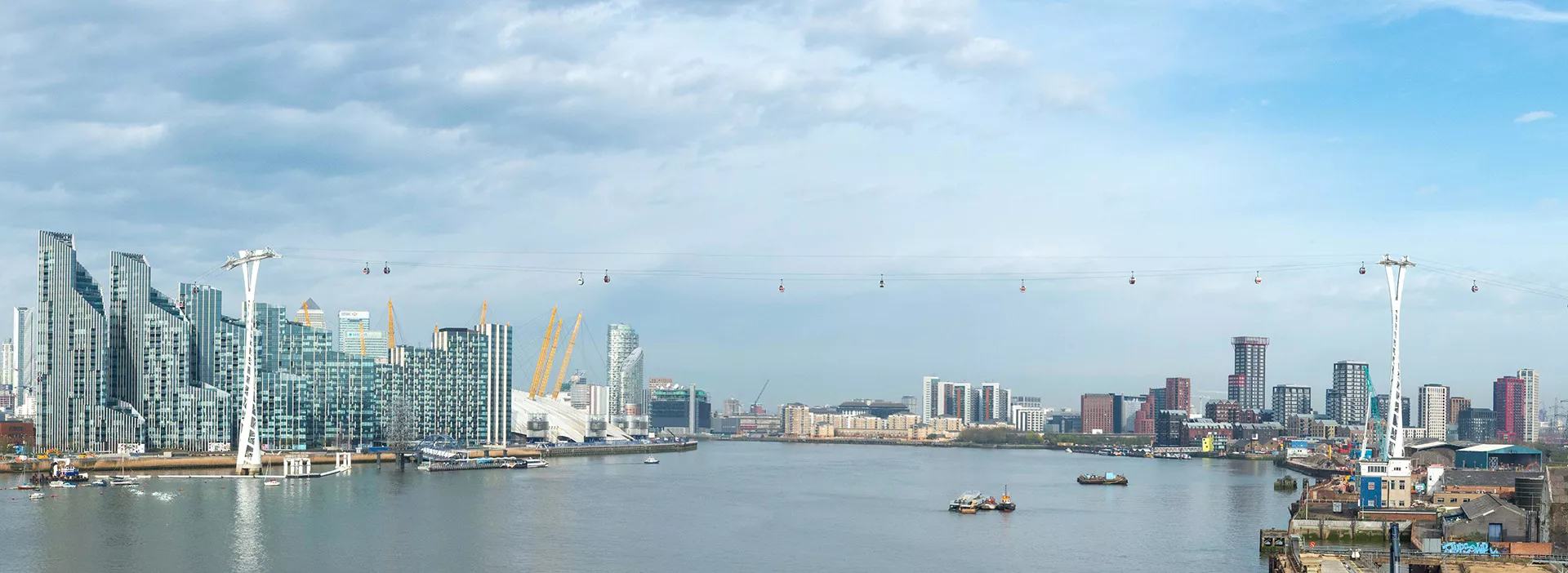
A new study has identified a shortlist of three potential routes for a “turn-up-and go”, electric, cycling-and-walking-friendly ferry service, spanning the Thames in east London, that could be delivered by 2026.
Key Information
- Study is part of an action plan to deliver our Thames Vision
- Commissioned in partnership with the Thames Estuary Growth Board (TEGB)
- The suggested routes server some of London's most under-resourced areas
The Port of London Authority (PLA) commissioned the study in partnership with the TEGB as part of an action plan to deliver the Thames Vision 2050, which aims to maximise the economic, social and environmental potential of the tidal river between Teddington in west London and the North Sea.
“We hope that the London Mayoral and Assembly candidates will recognise the river’s huge potential to support connectivity, reduce emissions and improve quality of life for Londoners by progressing these concepts.”
The suggested routes, all serving some of London’s most under-resourced areas, are:
- North Greenwich – Isle of Dogs
- Royal Docks – Charlton
- Barking Riverside – Thamesmead
All are located close to major development areas in the capital, where North-South transport connectivity is currently severely lacking. They would also support the Mayor of London’s goal for 80% of all trips in the capital to be on foot, cycle or by using public transport by 2041.
Based on 2021 figures, the report estimates that each of the southern piers for the electric ferry routes are within a 15-minute cycle ride for over 107,000 people, providing them with quick and easy access to job and education opportunities on the other side of the river. This is expected to increase by 34% by 2035.
With a lifespan of 30 years, the investment required for each ferry option – estimated to be between £120 million and £132 million – would be around a third of the cost of a bridge capable of carrying a comparable number of people over the river. They could also be operational in a fraction of the time. In 2019, the price tag for a proposed bridge between Rotherhithe and Canary Wharf topped an estimated £460 million.
Robin Mortimer, PLA Chief Executive, said:
“The Thames has shaped London’s history for centuries and is key to its net zero future too.
“Based upon the experience of Auckland and Amsterdam, this report shows that the river can help create an affordable, low-carbon way of tackling transport inequity in east London.
“Using electric ferry crossings, the capital can deliver strong, sustainable, connected communities in the fastest-growing parts of the city.
“We hope that the London Mayoral and Assembly candidates will recognise the river’s huge potential to support connectivity, reduce emissions and improve quality of life for Londoners by progressing these concepts.”
Kate Willard OBE, Thames Estuary Envoy and Chair of the Thames Estuary Growth Board, said:
“New and improved river crossings are essential in delivering the huge opportunities for growth in the Thames Estuary, linking new investment, jobs and communities. The river is too often seen as a barrier and we must overcome this.
“We already see a resurgence in travel along the Thames; it’s essential we also have more options to cross it. New opportunities for growth in the Thames Estuary must be accessible to all – a business on the north of the river must be able to employ people from the south and on the south from the north.
“As we drive towards net zero, electric ferry crossings can be an increasing part of the solution for business, employment and leisure, bringing communities together across the great River Thames.”
The report has been welcomed by politicians in the capital from across the political spectrum and is supported by the London Cycling Campaign and Footways.
Read the full report: The case for new zero-emission ferry crossings
The suggested routes all serve some of London's most under-resourced areas.



Support for study showing three options for zero-emission Thames crossings in east London, December 2023
Elly Baker, Labour London Assembly Spokesperson for Transport: “The River Thames provides great options for getting around London but there is so much more it can offer. I’m pleased to see work being done on exploring more ways to use the opportunities it provides – especially if those options reduce our carbon emissions. Boosting connectivity in the east of our city will support Londoners going about their working lives, as well as connecting families and communities. This is just the sort of project a fairly funded TfL would be able to support.”
Siân Berry, Green London Assembly Member: “Thousands of east Londoners deserve a safer, quicker, and cleaner way to get around their city. I am proud to support many zero-emission transport proposals, including today’s study outlining how a cross-river ferry would serve some of our most deprived neighbours. Londoners need these kinds of creative solutions to let them cross the river by rail, walking and cycling. As a Green Assembly member, I will continue to explore more ways to make the Thames better serve all Londoners.”
Rob Blackie, Liberal Democrat Mayoral Candidate: “The routes proposed under this plan would go a long way to providing green transport options in an area of London where there are currently limited options. The east of London is set for major redevelopment over the coming years and by backing these proposals we can ensure there is the improved infrastructure in place to make sure this growth is a success and to ensure we are promoting vibrant and interconnected neighbourhoods. These plans have the full backing of the London Liberal Democrats.”
Emma Griffin, co-founder Footways: “We’re really pleased to read proposals for new river crossings and hope all three can be delivered as soon as possible. They will be vital for creating a connected, healthy, low-carbon transport network and reducing severance in these fast-growing areas. We also look forward to working on plans to ensure the ferry crossings connect with wider walking networks.”
Simon Munk, Head of Campaigns at the London Cycling Campaign: "London has a real shortage of river crossings that work well for walking, cycling and wheeling. This is particularly noticeable east of London Bridge. Electric, roll-on, roll-off ferries can be part of the solution to this issue and these three proposed routes could enable vital cross-river sustainable connectivity to shops, workplaces and leisure facilities for communities in rapidly developing areas of London on both sides of the Thames, without adding more motor vehicles to London’s straining roads network.”
Caroline Pidgeon MBE, Liberal Democrat London Assembly Member & Transport Spokesperson: “There is a desperate need to increase cross-river transport options in the east of London. All three of the ferry routes outlined in this report have the potential to contribute greatly to developing some of London’s most deprived communities at a low cost and I would urge all stakeholders to unite in favour of supporting the proposals.”
Related content

Location: London/Gravesend Remuneration: £28,971 per annum for a commitment of up to 24 days per...


Safety must be priority for coaches and club leaders
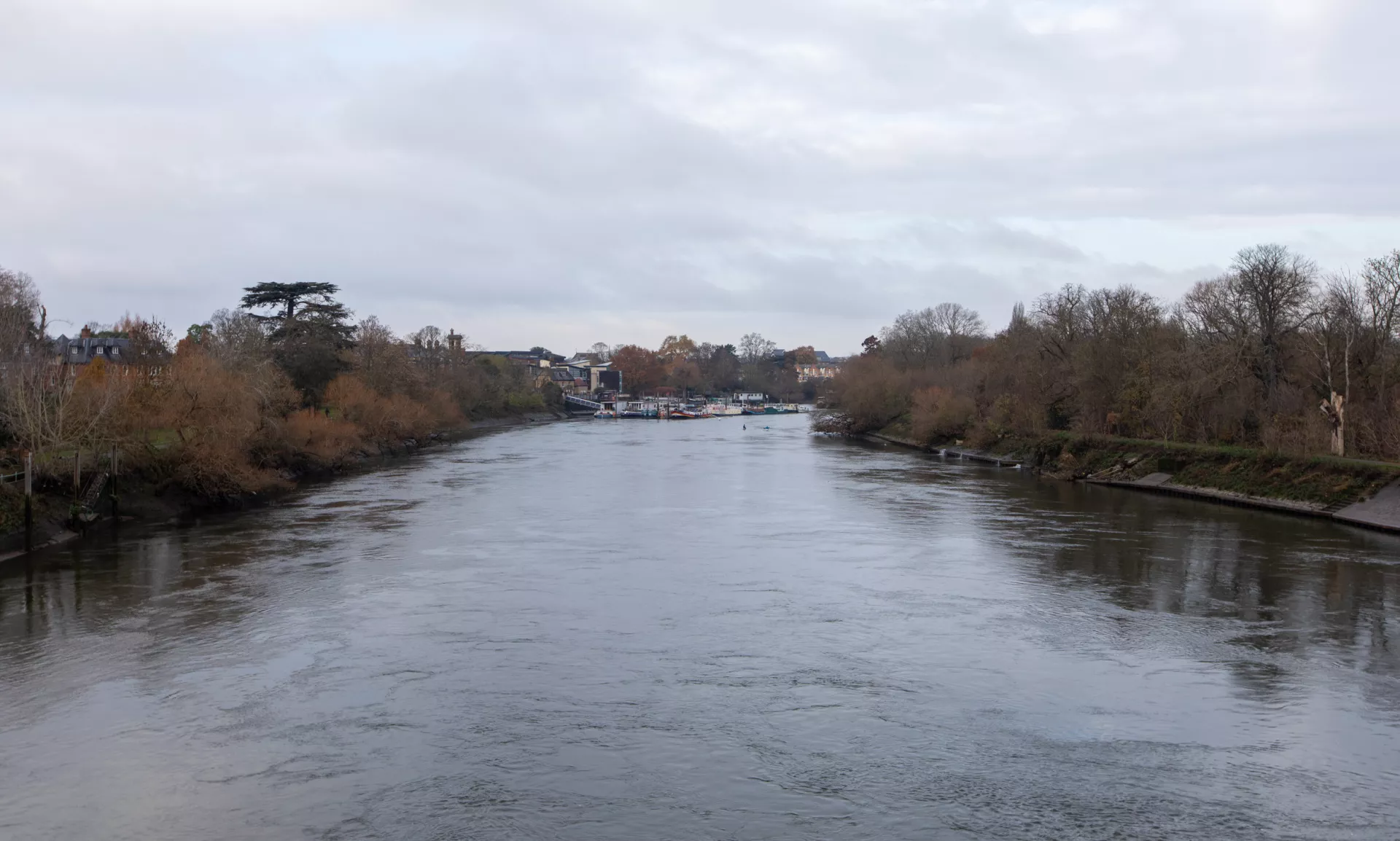
Important Reminder for All Coaches and Club Leaders: Safety must always come first, especially in winter weather and cold water conditions.
Key Information
- Coaches must understand the limits of their crew
- The safety and well-being of everyone on board should always be the priority
- If you get into any difficulty, call 999 and ask for the Coastguard
For coaches and club leaders, the responsibility is even greater. Conducting a dynamic risk assessment before and during each session is not just a recommendation; it's a necessity. This involves evaluating factors including weather, water conditions, visibility, and the skill, health, and experience of the crew. Preparation is key, so have a thorough passage plan in place and ensure you have a reliable means of calling for help in a waterproof pouch, and on your person, at all times.
"The best coaches adapt quickly to suit their participants and environment, and will cancel a session when needed. The tideway can be unforgiving and leaves very little room for error- if in doubt, don’t go out."
Assistant Harbour Master Michael Spice advises clubs and leaders "Whilst we all want to make the most of the Thames when the weather allows, it is key that all crews and coaches are pragmatic when considering going afloat. Know your crews limitations and take the time to assess the overall conditions before heading onto the water."
Coaches must understand the limits of their crew. The safety and well-being of everyone on board should always be the priority. If you get into any difficulty, call 999 and ask for the Coastguard.
PLA Sports Manager and rowing coach Jenny Cooper-Low said: “The best coaches adapt quickly to suit their participants and environment, and will cancel a session when needed. The tideway can be unforgiving and leaves very little room for error- if in doubt, don’t go out.”
Related content

Location: London/Gravesend Remuneration: £28,971 per annum for a commitment of up to 24 days per...


Christmas reflections
Rev Sophia Acland
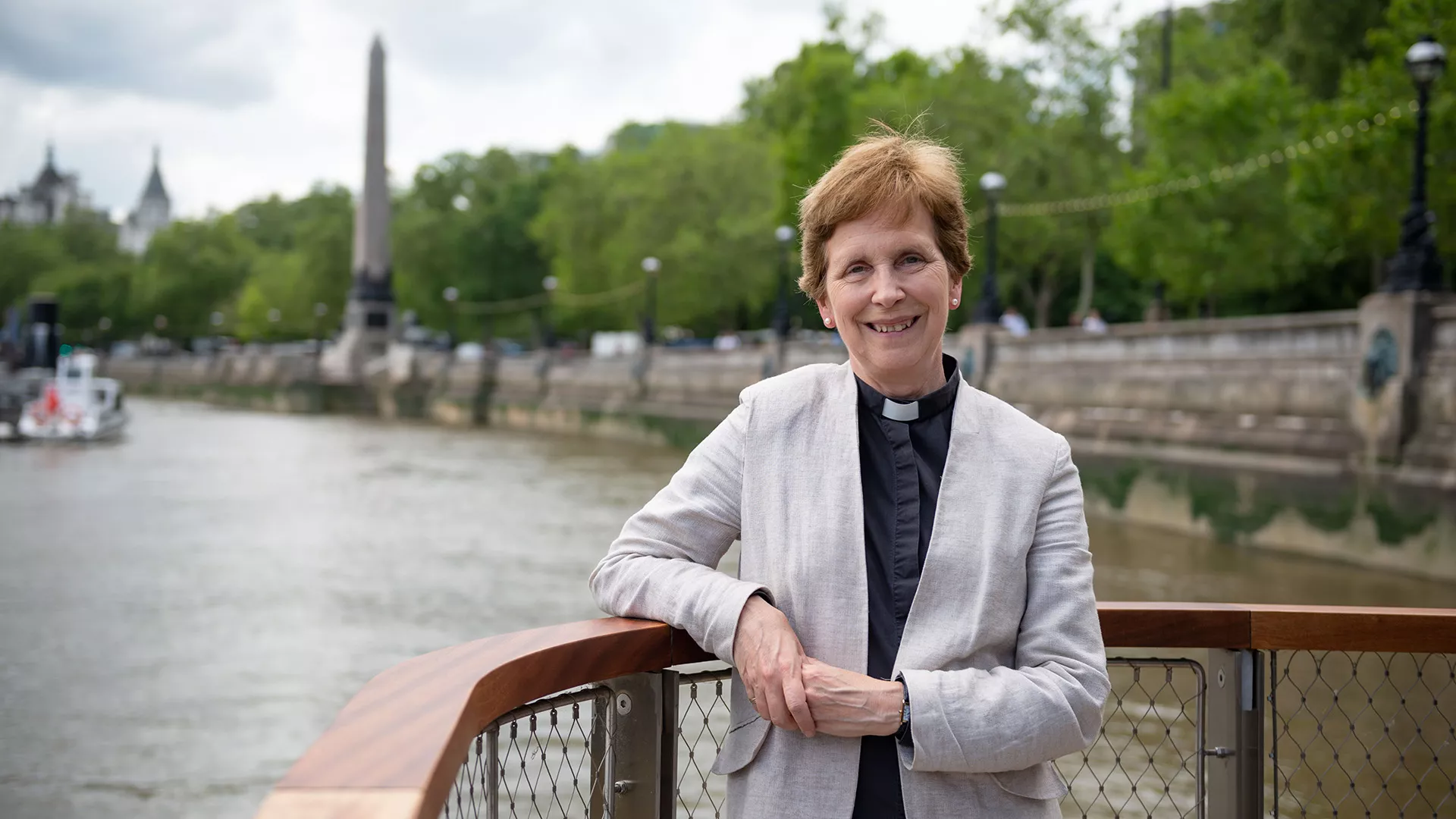
After nearly a decade, this will be Rev Sophia Acland’s last Christmas at All Hallows by the Tower in central London, prompting her to reflect on the church’s close links with the river.
“I shall be very sad to leave All Hallows in January, after more than nine years.
“During my time here as Associate Vicar, I have much enjoyed my contacts with river and maritime organisations, not least the PLA.
“My husband, now retired, is doing various voluntary things in Gloucestershire.
“It seems the right time for us to leave London and for me to concentrate on my other church job, up near the source of the river.
“It will be a big wrench.”
Yuletide schedule
“I will be spending Christmas in Yorkshire, near another great waterway, the River Ribble, where I grew up, with my extended family.
“I will be taking a service on Christmas Day, but after that will have time off to relax, which will be lovely after a very busy December in London.
“But I will be back in London for the New Year’s Eve fireworks.”
The spirit of Christmas
“What I most enjoy about Christmas is the feeling of people coming together.
“It’s a wonderful time to connect with people from the local community around All Hallows.
“Many of them have river or seafaring connections, such as the Company of Watermen & Lightermen, and those working in shipping law and insurance.
“We also welcome visitors from far and wide, staying in the many local hotels over the festive period, as well as our regular congregation.
“It’s a lovely time of year. The church is full of music and candlelight.
“I particularly enjoy chatting after services, renewing connections with all sorts of people.”
Commercial break
“I think it’s a pity if people feel under pressure to spend a lot of money at this time of year.
“But I think most of us are aware that there is more to Christmas than this.
“Even the ads for the big supermarkets and shops on TV now emphasise the more important things in life, like kindness, looking out for the lonely and being inclusive and welcoming.”
In tune with modern values
“Many people nowadays would say they do not belong to any particular faith, but I feel Christmas is as relevant as ever.
“Its messages include values we can all share.
“With our news media full of the horrors of war and violence, Christmas speaks to us of light shining in the darkness and not being overcome – of hope and better things ahead.
“At a time when we see so many refugees and asylum seekers making dangerous journeys to seek safety or find a better life, Christmas tells the story of a baby born far from home.”
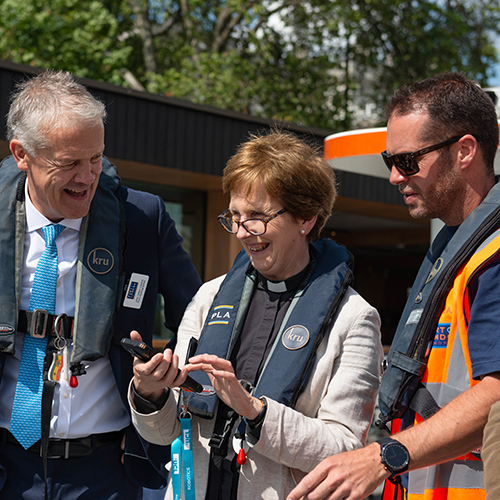
2023 highlight
“A stand-out moment for me of the last 12 months was blessing UCL Tamesis for the PLA in June, the UK’s fully-electric port survey vessel.
“I felt honoured to have a go at steering the vessel using a mobile app.
“It is a wonderful piece of equipment which will help research in coastal morphology, carbon reduction, and habitat mapping, and enable safe navigation in previously inaccessible areas.”
Hopes for a greener 2024
“I am an Area Lead for the Church of England in London, working with churches in the City and Westminster to cut carbon emissions.
“My prayer for 2024 is that London be a leader in showing what can be done to combat climate change.
“As a Christian, I believe we have a duty to steward the beautiful planet God has made, and protect those most affected in the developing world, who have done least to cause the climate emergency.”
A focus for remembrance
“All Hallows has many historical links to both the Thames and the sea.
“It’s situated next to the original Pool of London, near the Merchant Navy memorials in Trinity Square Gardens.
“We hold services from time to time commemorating the loss of merchant navy shipping and celebrating the contribution of river workers.
“Recently, the Thames Memorial was installed in the church as a focal point for those who have sadly lost loved ones in the river.
“The unveiling ceremony, led by our Vicar Katherine Hedderly and attended by many members of the river community was beautiful.
“The church also houses the National Maritime Memorial Book.
“We hold an annual service, attended by the families of the bereaved, when new names are added.”
A community hub
“All Hallows’ parish covers both the City of London and Tower Hamlets.
“We try to build links between the two.
“For instance, we held an employability project in our Porch Room, run by the First Love Foundation, who are based in Tower Hamlets.
“This aimed to help former foodbank clients back into work, with input from local City businesses.
“We also hold a twice-yearly education project, which welcomes many primary school children from Tower Hamlets and beyond.
“Earlier this year, we hosted an art exhibition by a local artists’ community in Wapping.
“We are also the official church of the London Marathon, providing a welcome and refreshments to spectators – another highlight of our year each spring.”
A mixed congregation
“For our weekday services, attendees are mainly City workers, or visitors staying in local hotels.
“Our Taize service on Wednesday evenings is very international, attracting people from all over the world while they are in town.
“We sing in about seven languages. Some more successfully than others!
“At weekends, the congregation comes from people living near or in the parish, but also all sorts of people from further away, who have formed a connection with All Hallows over the years.”
Spiritual vocation
“I have always been a churchgoer, but never expected to end up ordained.
“I got drawn into the church more, because I play the organ (rather badly!) and I began to feel called to do more.
“I wanted to try and communicate the Christian message of hope and share God’s love with others.”
Quick fire:
- The Thames in three words? History. Trade. Beauty.
- First memory of the Thames? Beautiful riverside walks near Goring, visiting cousins as a child.
- Favourite season on the river? Summer. Not least because of the annual Beating of the Bounds ceremony, with local children and the Doggett’s men in their splendid scarlet uniforms.
Related content

Location: London/Gravesend Remuneration: £28,971 per annum for a commitment of up to 24 days per...


Bexley kickstarts Tidal Thames Masterplan
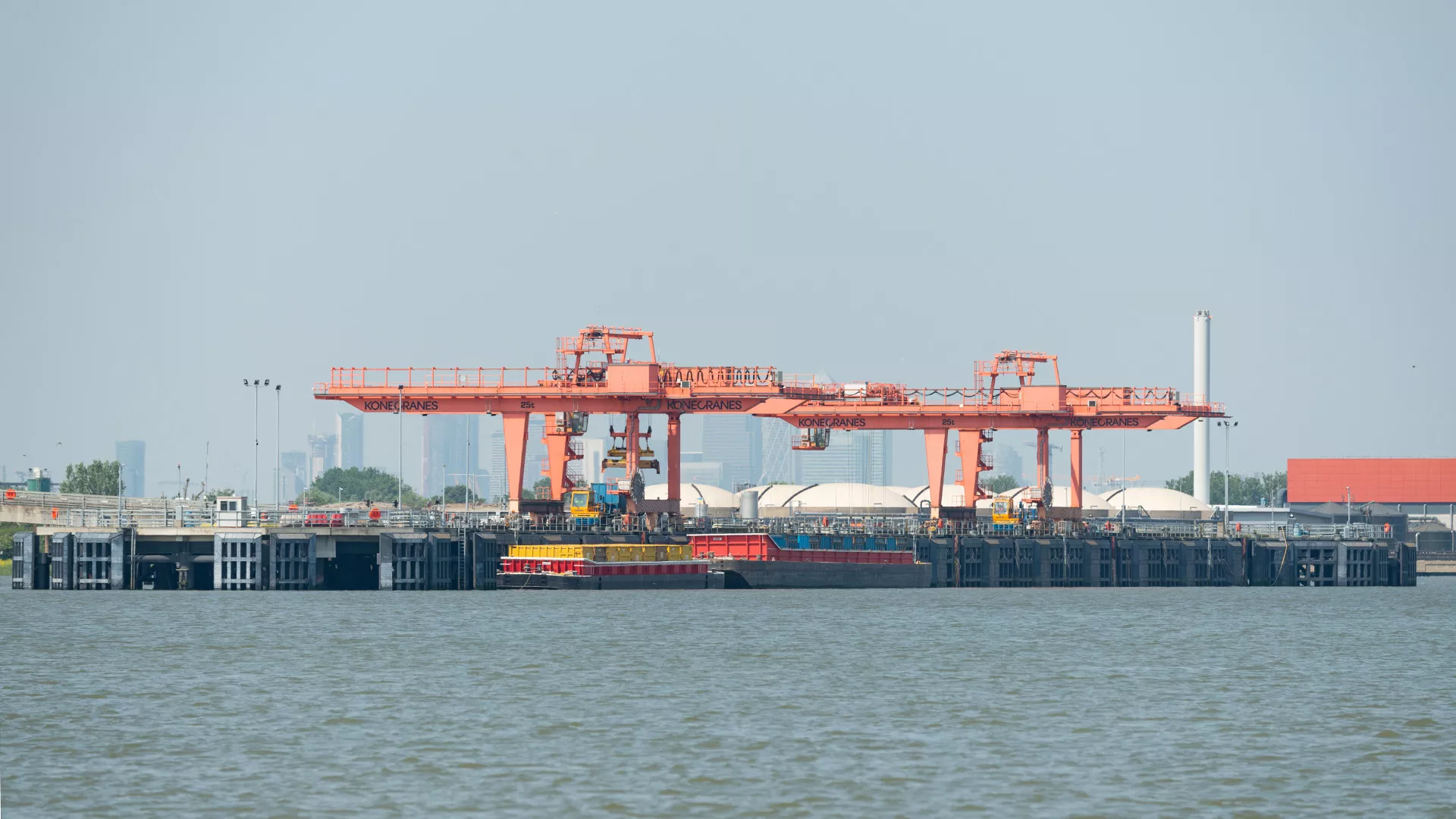
Bexley is the first subject of a borough-by-borough analysis by the Port of London Authority (PLA), highlighting strategic opportunities to increase use of the tidal Thames for communities, businesses and recreation, and enhance its natural environment.
Key Information
- First of 22 local councils for the borough-by-borough analysis highlighting strategic opportunities
- Supports our delivery of the Thames Vision 2050
- Plan follows a six-week public consultation it launched in July 2023
Supporting the PLA’s delivery of the Thames Vision 2050, the Tidal Thames Masterplan will detail the potential to boost trade, travel, sport and the environment along the 95-mile course of the river, between Teddington in west London and the North Sea.
“As we expand the process to other boroughs, the Tidal Thames Masterplan, will become an essential guide for investment across all the 22 local authority areas along the river’s banks.”
Following a six-week public consultation it launched in July 2023, the PLA has today (6 December) unveiled the first instalment of the Tidal Thames Masterplan, covering the outer-London borough of Bexley.
Among the opportunities identified is the introduction of Bexley's first River Bus station, connecting the borough with central London.
Spanning the Thames-side towns of Belvedere, Erith and Slade Green, the borough’s large river front includes seven safeguarded wharves, used for the annual transportation of around two million tonnes of cargo on the river. This is a number set to be increased through the re-activation of vacant and under-used wharves such as Standard Wharf, Erith, which recently received planning permission to restart the transportation of construction materials and other cargos.
Housing growth in the borough is set to increase Bexley’s population from 246,500 in 2021 to approximately 267,800 by 2041. At least 10,800 jobs are also expected to be created locally over this period. If adequate infrastructure is provided, the Bexley Growth Strategy (2017) indicates that a further 10,000 homes and 6,700 jobs could be added by 2050.
Key areas of focus identified in the PLA's first Masterplan are:
- Maximising use of the borough’s safeguarded wharves, including at Middleton Jetty in Belvedere, which forms part of Cory’s Decarbonisation Project.
- Erith Town Centre, home to the longest pier in greater London, which has the potential to become the borough’s first river bus station.
- Promotion of existing riverside sporting facilities, such as Erith Yacht Club and Erith Rowing Club.
- Highlighting the importance of the Tidal Thames and its local tributaries and other water courses, such as the River Darent and Dartford Creek, along with Erith & Crayford Marshes, which all provide valuable habitats for wildlife.
The potential for environmental improvements, such as living walls, litter reduction and saltmarsh restoration is outlined in the Masterplan too. Such initiatives are potential beneficiaries of the Biodiversity Net Gain scheme, to be introduced by the Environment Bill 2021 which comes into force next year. This requires developers to boost the local environment when planning construction works.
Investment to tackle the risk of flooding in the borough, associated with rising sea levels, is also highlighted. The Environment Agency’s Thames Estuary 2100 plan sets out how organisations and communities can work together to manage this.
James Trimmer, PLA Planning & Development Director, explained:
“Aligned with the Thames Vision’s three central themes – Trading Thames, Destination Thames and Natural Thames – we’ve collated the feedback we received during the Bexley consultation to document the scope for maximising the economic, environmental and social potential of the river locally.
“As we expand the process to other boroughs, the Tidal Thames Masterplan, will become an essential guide for investment across all the 22 local authority areas along the river’s banks.”
The Leader of the London Borough of Bexley, Cllr Baroness O’Neill of Bexley, said:
“The publication of the draft Tidal Thames Masterplan is a really positive and welcome contribution to how we look at the future improvement and management of the Thames in our borough.
“We know the value of the waterfront and how much more could be done to utilise this important riverbank asset.
“The option of Bexley’s first River Bus station and the potential use of the existing facilities is brilliant news for the borough.”
Richard Wilkinson, who is leading Cory’s development of a second energy-from-waste plant at Belvedere, said:
“For a river-based business such as Cory, the Tidal Thames Masterplan for Bexley is an incredibly useful resource, with lots of relevant information and signposting.
“As the Tidal Thames Masterplan is developed, it has great potential to demonstrate the strength and breadth of the tidal River Thames, how it is used now and opportunities for the future.
“We are particularly interested in how the masterplan will build on the current data to show river connections between sites and show how river access points, including safeguarded wharves, relate to the strategic road and rail network, particularly where there are likely to be opportunities to develop intermodal freight transfers.”
Later this month, the PLA is due to launch an eight-week public consultation to inform its further development of the Tidal Thames Masterplan, covering the boroughs of Newham and Tower Hamlets in East London.
Related content

Location: London/Gravesend Remuneration: £28,971 per annum for a commitment of up to 24 days per...


Port of London Authority
Discover
